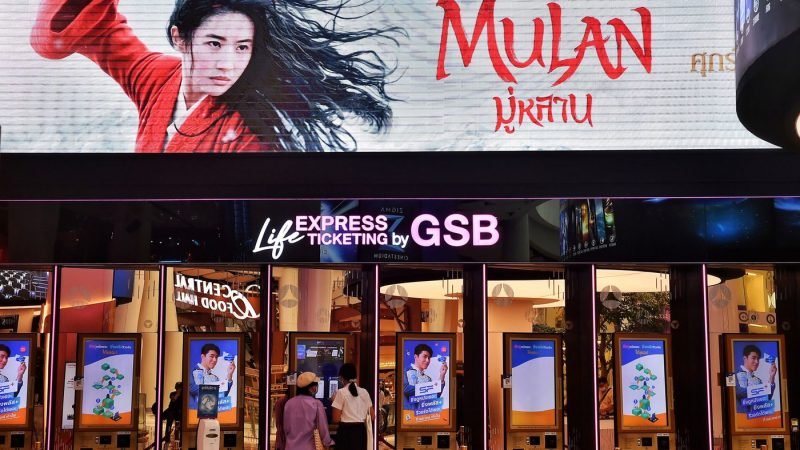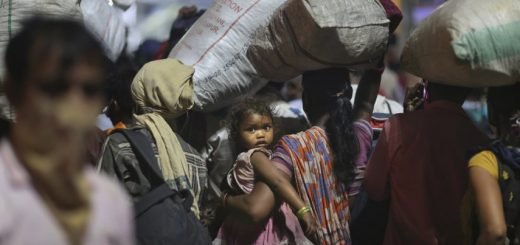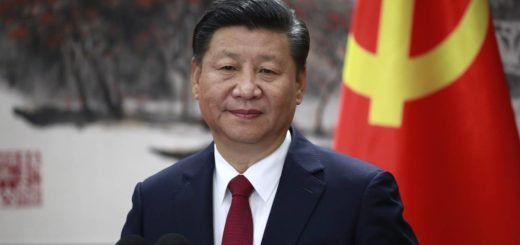Uighur Muslims and Mulan: Disney’s hypocritical move for profit?

The Chinese administration is now closely monitored curtailing to issues of human rights and state-sponsored genocide. The discord between the Uighur Muslims and the Chinese administration is long known. The Uighurs are mostly of Turkish descent living across Central Asian countries such as Kazakhstan, Kyrgyzstan and Uzbekistan. However, in China, Uighur Muslims predominantly habituated themselves in Xinjiang, which declares itself to be an autonomous state, almost a similar trajectory that of Tibet. The ruthless torture on the Uighur Muslims first started surfacing around the 1990s when students studying across the Xinjiang province were denied to enter Mosques during the month of Ramadan and over time the atrocities against this community had multiplied. These atrocities include ‘organising’ the Uighur Muslims into concentration camps for ‘re-education’ and as the directive released by the Xi Jinping government in 2017 stated that it is advised that all religions practised in China must have a Chinese orientation and that is suggestive of the first crackdown against persecuted minorities in China. The so-called camps are justified on grounds of dealing with separationist forces. The community is also subjected to learning Mandarin instead of their native language also known as ‘Uighur’, women being sterilised and allowed to marry only Han Chinese men goes beyond the actual ‘Holocaust’. But recently the authorities of Xinjiang province and Disney came under heavy public scrutiny leading to a political furore across the globe.

Disney recreated the 1998 animated masterpiece ‘Mulan’ which aggrandized a female warrior disguised as a male, who joins the army only to fight on behalf of her father in a war. But the 2020 adaptation is now facing stiff resistance from the general public upon a very striking mistake that could have been avoided. The end credits of the movie mentioned gratitude towards the eight government entities in the Xinjiang province, including the Turpan Public Security Bureau who is responsible for the ‘vocational (read concentration) camps’ detaining millions of Uighur Muslims. According to sources, the end credits had also thanked the authorities of ‘Xinjiang Uighur Autonomous Region’ who are solely responsible for propagating agenda against the Uighur community only to justify the administration’s genocidal actions. Netizens lashed out on Twitter against Disney. It was inevitably wrong on the entire production to the team to undermine the atrocities being meted out the Uighurs. The #boycottMulan campaign on Twitter demanded an apology to the Uighurs. However, the bigger debate that baffled netizens was whether profit for Disney is paramount than basic human rights which are being denied to this persecuted minority.
Rushan Abbas, an American Uighur Activist mentioned, “A Disney movie being filmed in the same location where millions of Uyghurs are imprisoned, tortured, and killed based on their ethnic identity, is deeply disturbing. This is the normalization of genocide, and Disney must end the practice of profiting off of this murderous Chinese regime.” This draws the plan towards Disney’s real intentions in China. Earlier the release of the 1998 Mulan was brought to a close by the Chinese administration and therefore this adaptation focused on nuances such as the culture and landscape which would appeal to the larger Chinese audience via an in-house cast. The authenticity of the film was the main reason for shooting in the Xinjiang province as stated by the Directors, but how can this thing bounce off so smoothly? Business over human rights issue brings Disney to a juncture where business adventurism and hypocrisy is not appreciated. But would Disney peddle its position in China after the massive investments that were made in Hong Kong and Shanghai? A New York Times report mentioned that the debate over #boycottMulan has now crossed borders only to be another reason of contention between the United States of America and China.

Despite the outrage over the movie on Twitter, ‘Mulan’ has fared well among the Chinese audience with a collection of USD 31 million. Meantime Taiwan film industry remarked regarding the true intentions of the makers of ‘Mulan’ to grab ‘Chinese’ currency and all the more disregarded other factors. The small island nation has made strong and befitting statements as to how investment in the Chinese film industry is less profitable and that Taiwan produces ‘real’ talents which can recognize the silver lining between business and politics.
The United Nations Human Rights Council have used the term ‘state-sponsored genocide’ to represent and chart out the atrocities against Uighur Muslims in Xinjiang province. The intentions of Disney over Mulan remains unconvinced and dubious. But the intentions must find an answer through an apology to the Uighurs and not thankful end credits.


















